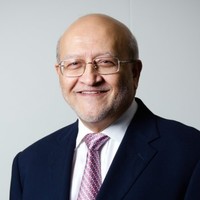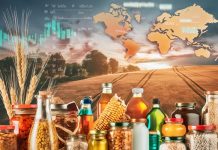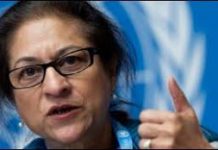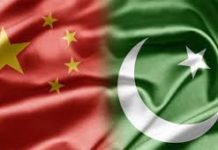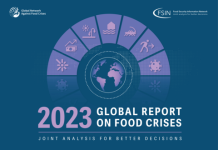Corporate Desk
For the fight against COVID-19 in Pakistan, leading industrialist, Hussain Dawood has pledged a contribution in services, kind and cash of Rs 1 billion for the short, medium and longterm.
“We are committed to help solve some of the most pressing issues of our time and it is incumbent upon us to serve our nation best when it needs us most. These are our fundamental values, that continue to be at the core of what we strive to achieve.” Hussain Dawood said in a statement on Thursday.
He emphasized that the need of the hour is to target on reducing the spread and impact of this virus. “Our Group will focus on disease prevention, with a major focus on testing and diagnostics and protecting and enabling healthcare practitioners and other key workers, who are at the frontline of the fight against this pandemic,” Hussain Dawood explained.
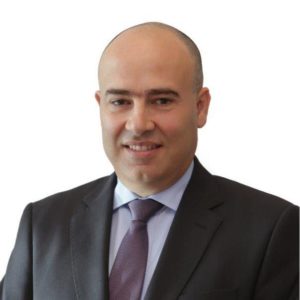
Nestlé Pakistan has also announced to support vulnerable communities with 100 million rupees in COVID-19 pandemic.
“As part of the pledge, Nestlé Pakistan will give product and cash donations, which will include 4 million servings of milk, iron fortified dairy products, baby cereals, water and juices,” Chief Executive of the company, Samer Chedid said.
Highlighting the efforts, he said that Nestle would be mobilizing relief to medical facilities (quarantine centers) and food-delivery organizations serving vulnerable families, worth 100 million rupees, in the form of product and cash donations, through national and provincial disaster management authorities and local governments.”
“We have also joined hands with reputable NGOs in response to their COVID 19 emergency appeals to support deserving people across Pakistan. We have invited all our employees to step forward and donate one day’s salary for supporting people going through hard times. The donation intimations by employees will be matched 1:1 by Nestlé Pakistan,” Chedid said.
Chedid also emphasized on the additional safety measures Nestlé was undertaking internally. “We are making sure that we keep our employees healthy and safe, and that they follow the most stringent safety protocols at all our manufacturing and warehouse facilities, as advised by the World Health Organization.”


